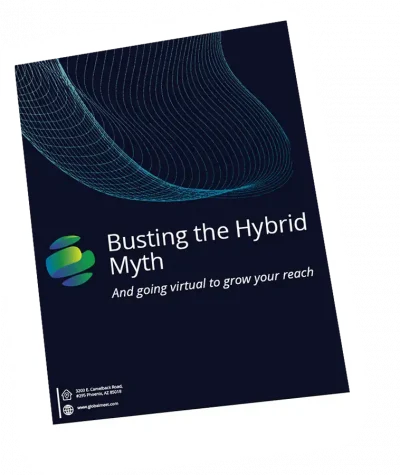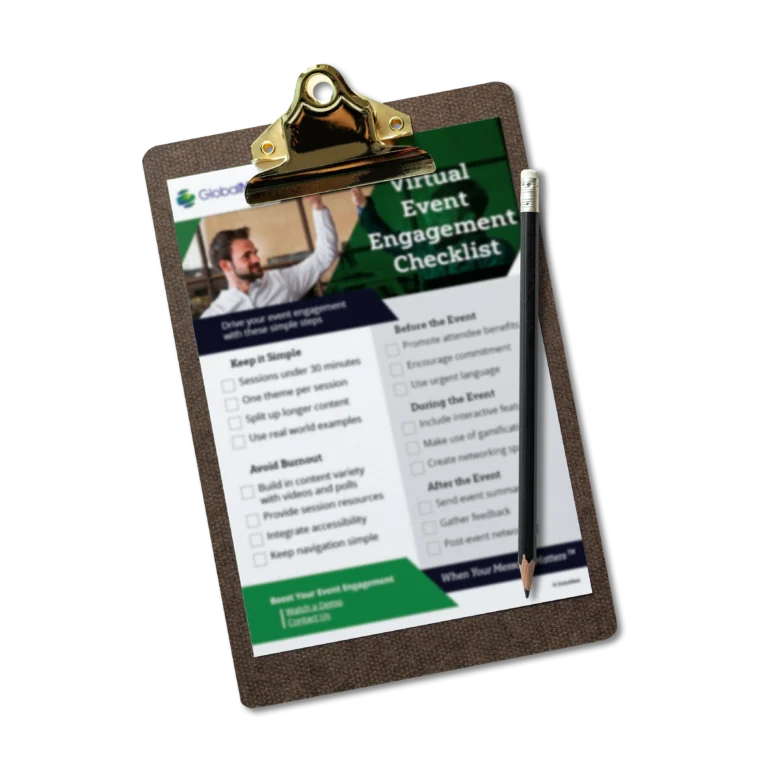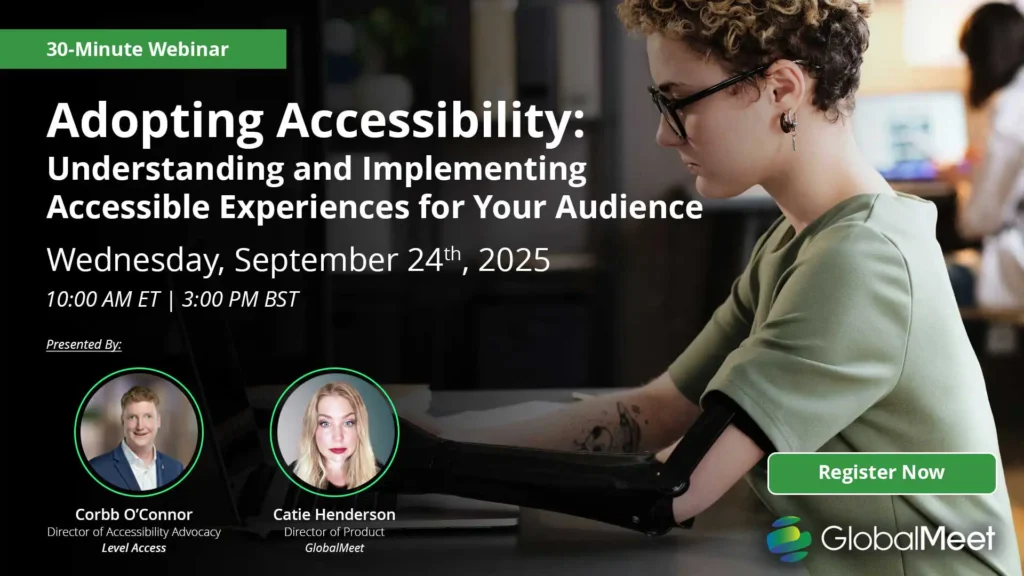
Many event organizers in recent years have worried that offering a virtual attendance option for their events will — in the long run — discourage in-person participation, leading to lower overall event numbers. A fear that stems from the assumption that attendees will always choose the easier, lower-cost option when given the choice.
However, research suggests that this fear is unfounded. Hybrid events have consistently demonstrated their ability to expand reach, increase engagement, and drive higher overall attendance. By providing greater accessibility and offering flexible participation options, hybrid models can often make events more attractive to a wider audience, ensuring sustained and even increased engagement over time.
When Your Message Matters TM
Download the E-Book





